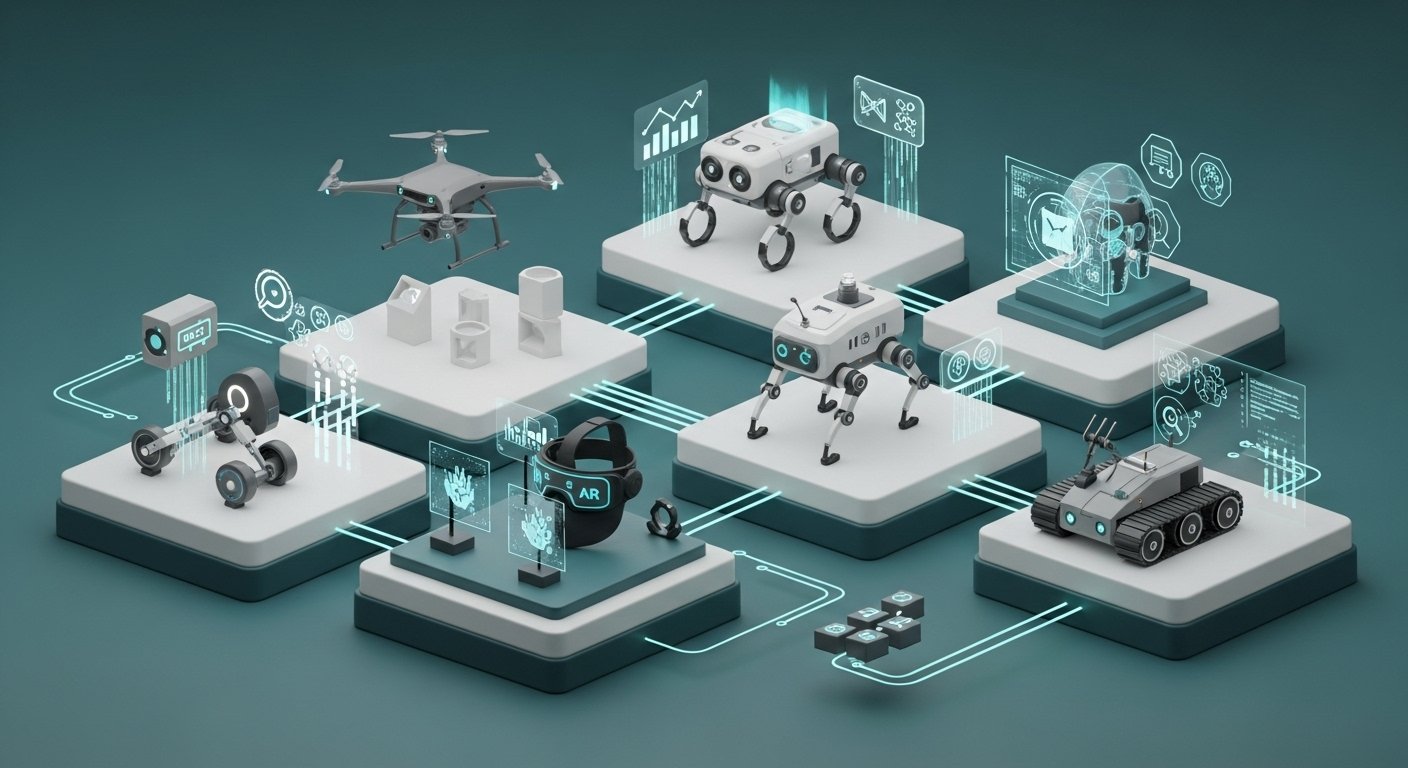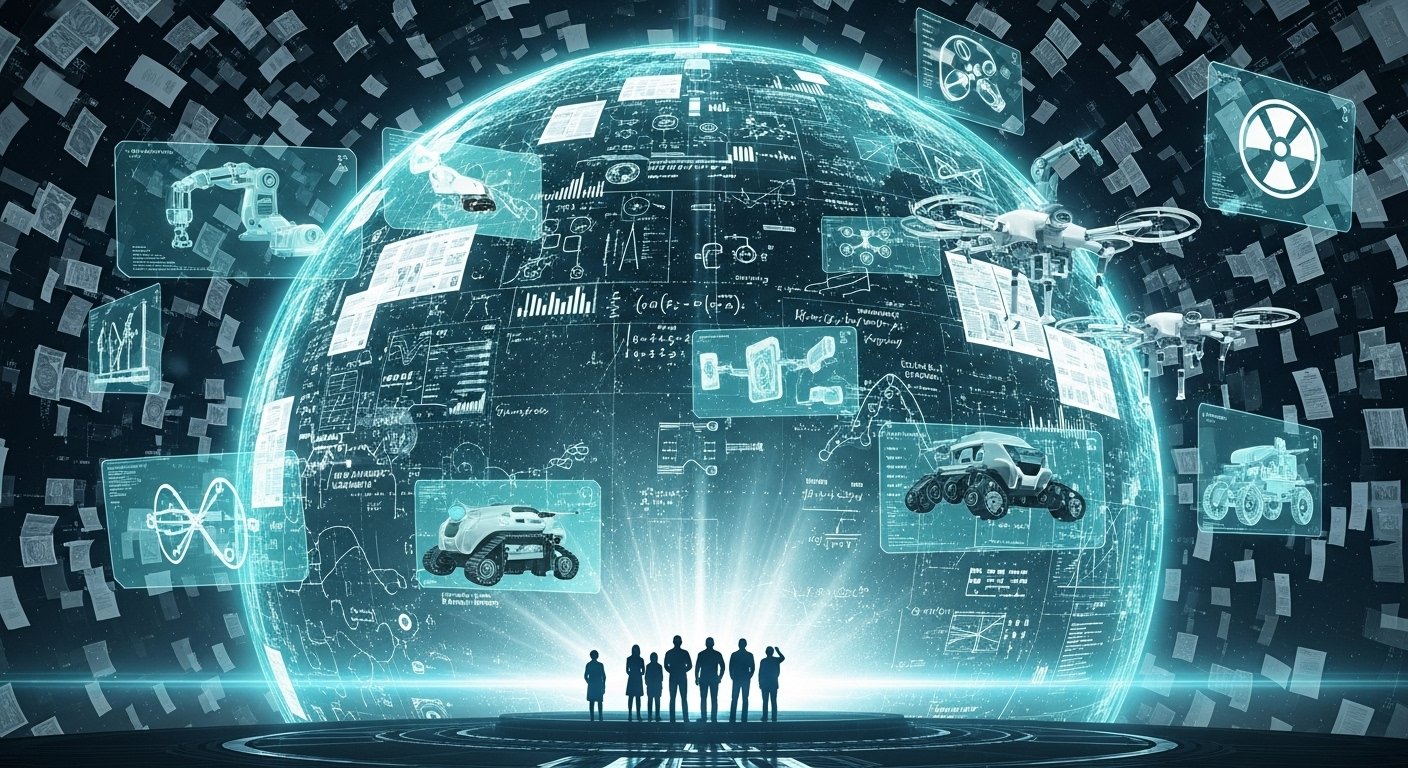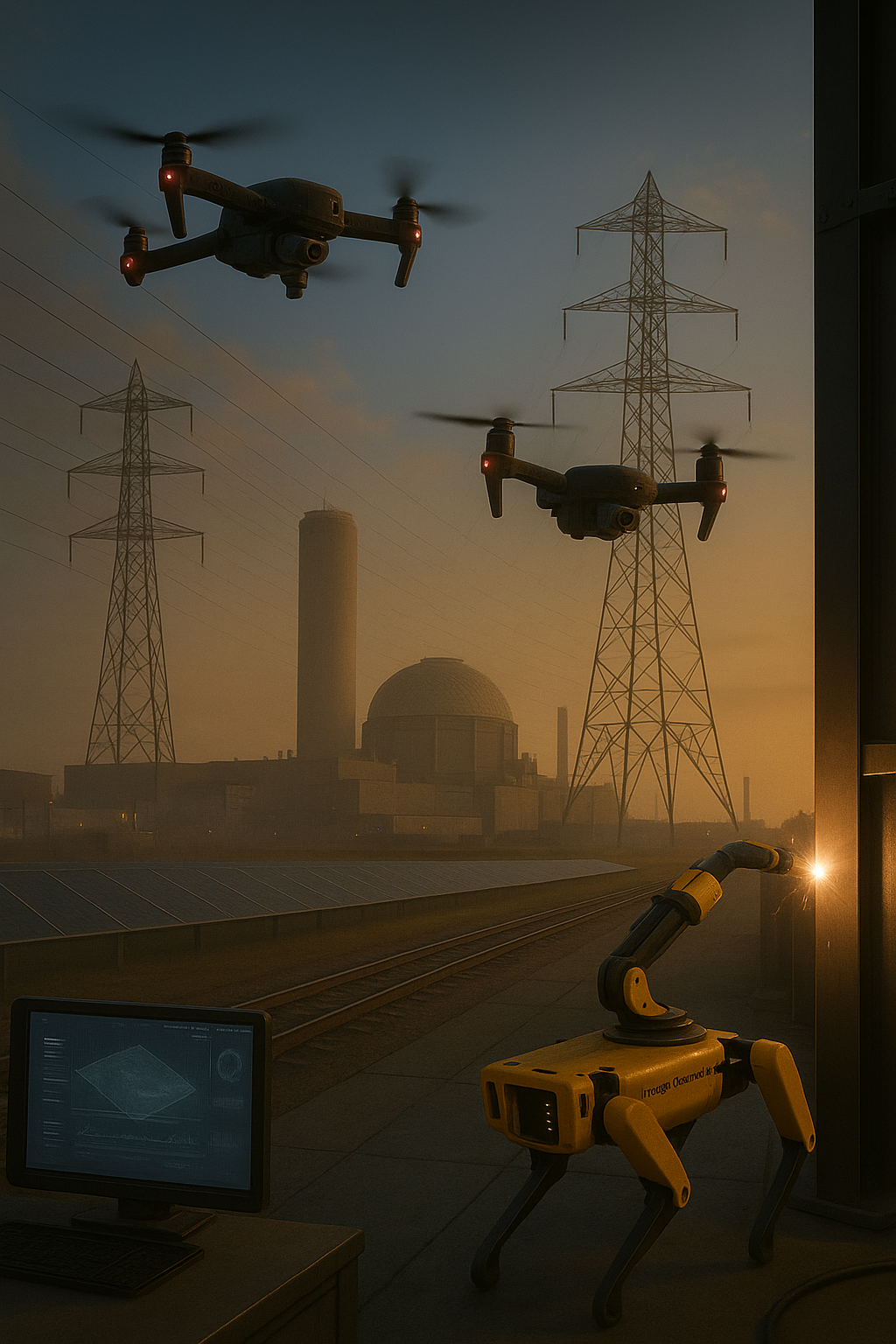
Smarter Horizon Scanning with GenAI
Accelerating Technology Adoption at Sellafield
Introduction
The decommissioning of Sellafield is one of the most complex industrial challenges in the UK. Success depends not only on safely deconstructing and restoring the site, but on accelerating progress with fewer resources. To enable this, Sellafield is adopting and deploying the latest robotics and AI (RAI) technologies.
With thousands of research papers and new products emerging globally every week, even leading experts cannot possibly track, evaluate, and prioritise every technology. Generative AI (GenAI) offers a powerful new way to interrogate this wealth of information – but only if it can be used reliably and transparently.
The Challenge
Sellafield required a trusted system to cut through the noise of global research and innovation. The core questions were:
How do we identify the most promising technologies across more than 50 different fields of RAI?
How can we assess which will have the greatest impact on decommissioning?
And how can we avoid common pitfalls such as ‘AI hallucinations’ – where outputs are misleading or untrue?
Crucially, this was not just about GenAI tools. Sellafield required a systems view that considered people, processes, and tools:
People – ensuring staff had the right skills and confidence to use AI responsibly.
Processes – defining a repeatable, step-by-step method to gain trustworthy insights.
Tools – evaluating AI platforms to support horizon scanning at scale.
The Solution
Working closely with Sellafield, we engineered a structured horizon scanning process using GenAI, centred on the ADOPT framework (see our success story here: https://www.ajuno.solutions/who-we-help/sellafield-roadmapping).
Our approach included:
Evaluating systems: We reviewed 11 GenAI platforms, down-selecting to three for in-depth testing. These were assessed against rigorous criteria such as data provenance, usability, and output quality, before selecting Perplexity AI as the best for Sellafield’s needs.
Designing the process: We created a bespoke five-step workflow – from setting objectives, sourcing academic papers, and down-selecting technologies, through to extracting priority insights and refining searches.
Engineering prompts: Custom prompts were created to reliably capture the latest global research and present it in structured formats.
Integrating data: We connected outputs directly into Power BI, creating an interactive dashboard where users could visualise research trends, filter by relevance, and link findings back to strategic goals.
Mitigating risks: We developed clear guidance for users on how to identify and manage AI hallucinations, using multiple layers of system and process-enabled verification.
This means Sellafield teams can now capture and interrogate global research in near real-time, backed by structured validation and transparency.
The Impact
The project has provided Sellafield with a proof of concept system for using GenAI in horizon scanning – one that is trusted, repeatable, and scalable.
Key benefits include:
Smarter research strategies – enabling teams to focus on the technologies most relevant to Sellafield’s mission, without being overwhelmed by global noise.
Better decision-making – providing evidence-based insights to support investment cases and prioritisation.
Faster adoption – highlighting which organisations, countries, and academic leaders Sellafield should engage with to bring critical technologies on site sooner.
Future readiness – positioning Sellafield to continually utilise GenAI systems as they evolve, ensuring technology strategies remain cutting-edge.
Ultimately, this horizon scanning system empowers just a few people to harness the collective intelligence of thousands of researchers worldwide. The result? Helping Sellafield avoid wasted investment and providing a clear route to invest in the robotics and AI solutions that will have the greatest impact accelerating safe, and efficient decommissioning.




